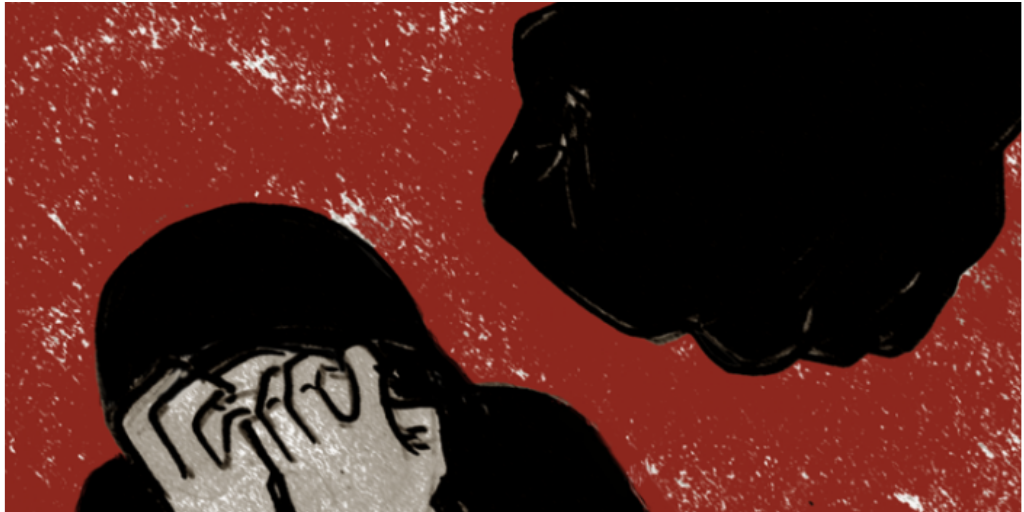

The "end goal is to make you doubt the facts", Ressa says - something that will sound disturbingly familiar to many people in other countries, where populism has gained as firm a foothold in politics as debate. The film is peppered with screenshots of tweets from attack accounts, many of which threaten violence and are steeped in misogyny, while graphics show how a relatively small group of trolls can amplify one another on social media platforms (another subject increasingly popular with filmmakers and something, which, if it interests you, you can learn more about in Cambridge Analytica doc The Great Hack and The Dissident). She isn't just interested in interviewing Duterte and holding up what he says to the light - though we see her do just that here - she also has an interest in the disinformation networks that helped him rise to power and shore up his popularity. Ressa proves to be a great choice of subject, allowing Diaz intimate access as she goes about her incredibly busy life, not just as she talks to the journalists who work at Rappler but in the few off hours she has, personal family moments that only serve to further underline how driven by work she is.

Acting as a focal point is Maria Ressa - a Filipino-American journalist who, after a career with CNN, founded the Filipino online news source Rappler and has reaped the Duterte whirlwind as a result. Ramona S Diaz's documentary expands outwards from the deaths themselves to look at the collateral damage that is being done to democracy by Duterte's presidency, with a particular focus on the manipulation of social media and the freedom of the press. The act also affects those that are non-residents suspected of terrorism and are visiting the country.Rodrigo Duterte's presidency has come under increasing film scrutiny since he rose to power in 2016 and declared his "war on drugs" with documentaries like On The President's Orders and Aswang and fictional films including Brillante Mendoza's Alpha, The Right To Kill all highlighting the horrifying toll of extra-judicial killings, particularly on the poor. Petitions have been started against it any many have said it is a law targeting dissenters of the Philippine government. The law, which is slated to go into effect later this month and uses a broad definition of terrorism, grants power to the government to authorize warrantless arrests as well as detention without charge for several weeks. In addition to the volatile tension between the Duterte administration and the media, the Philippines president recently approved the Anti-Terrorism Bill which is just as controversial if not more than his war on drugs. In May, the government shut down ABS-CBN, the Philippines’ leading broadcast network. “The current events in the Philippines along with her conviction and the shutdown of one of the main television networks illustrates the looming threats against press freedom that could begin to happen everywhere.”ĭuterte’s administration has been at odds with the media in the Philippines since he took office in 2016. “We stand with fellow journalists like Maria Ressa in their quest for the truth, and we are proud to bring her story to our PBS audiences,” says Frontline Executive Producer, Raney Aronson-Rath.
#A thousand cuts movie free
Without a free press, democracy crumbles. “Right now, it is more important than ever to amplify Maria’s story because there are many Marias all over the world. “The fact that A Thousand Cuts becomes more relevant every passing day not only in the Philippines but globally is alarming,” said Diaz. In June, Ressa was found guilty of cyber libel by a court in the Philippines. Ressa has been on the frontlines holding Duterte and his government accountable for his controversial and violent war on drugs in the Philippines. The docu examines social media disinformation campaigns and the current brutal crackdown on the news media in the Philippines by President Rodrigo Duterte – who has made Ressa one of his top targets.


 0 kommentar(er)
0 kommentar(er)
